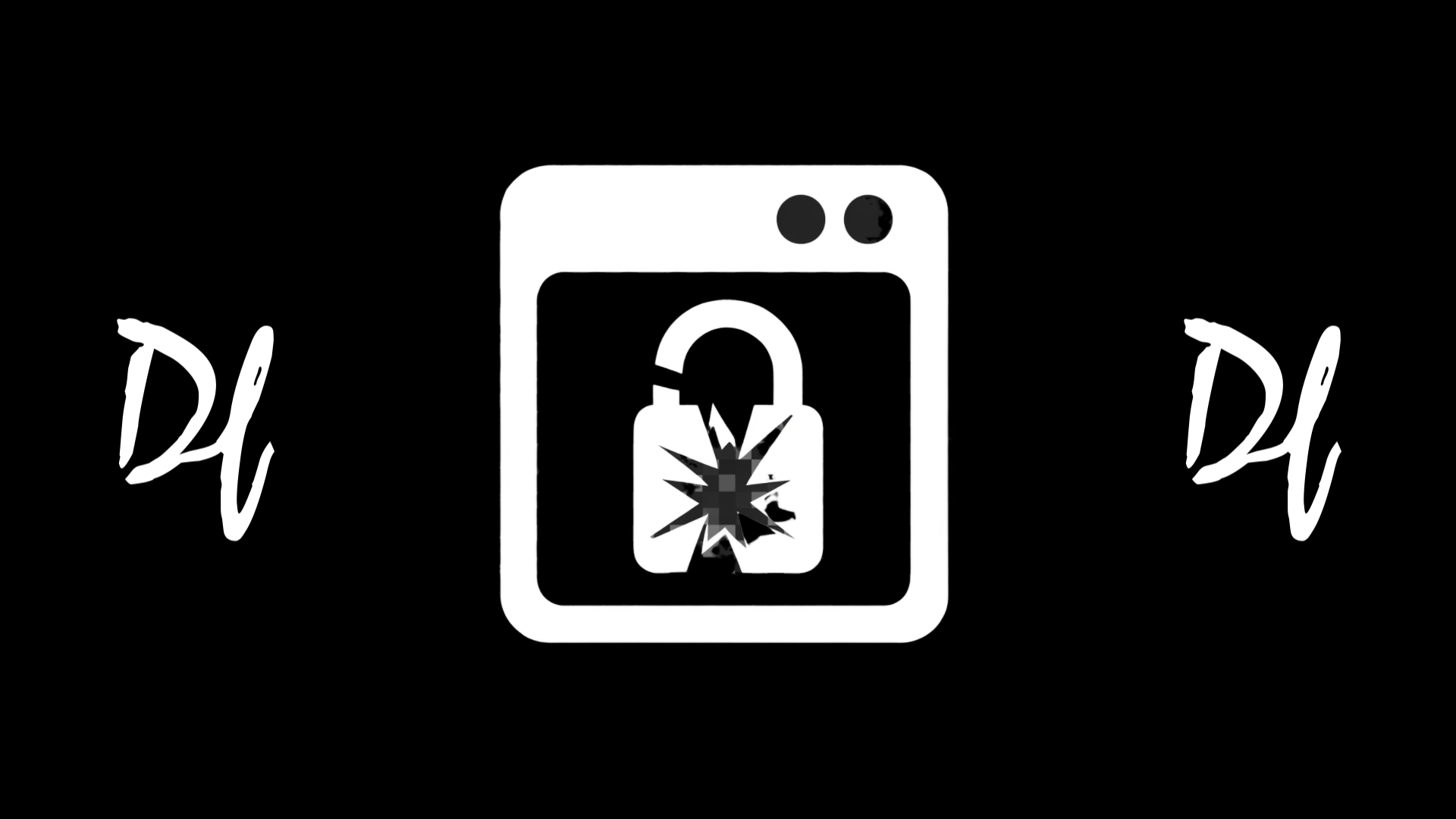Unraveling CVE-2024-3094: A Severe Vulnerability in XZ Utils

A critical vulnerability, known as CVE-2024-3094, has been discovered in multiple Linux distributions. This flaw affects the liblzma code in xz versions 5.6.0 and 5.6.1, and has raised concerns in the tech community.
Discovery and Impact
CVE-2024-3094 was identified as a malicious code injection within the xz utility versions 5.6.0 and 5.6.1. The severity of this vulnerability is highlighted by its CVSS score of 10, marking it as a critical threat. The malicious code compromises the liblzma library, pivotal for the XZ Utils, enabling unauthorized remote system access and potentially allowing attackers to bypass sshd authentication under certain conditions (Qualys Security Blog).
Affected Systems and Distributions
The vulnerability's reach is extensive, impacting several Linux distributions. Fedora 41 and Fedora Rawhide, Kali Linux, and Alpine are among the affected, while Red Hat, Debian, and Amazon Linux have been confirmed as not vulnerable. This widespread impact underscores the necessity for vigilant and immediate action from system administrators and users alike (Qualys Security Blog) (wiz.io).
Technical Intricacies
The backdoor introduced through CVE-2024-3094 is not a mere authentication bypass but enables remote code execution (RCE). The compromised liblzma library, upon being utilized by sshd, activates the attacker's code during the public key authentication process. The complexity of the vulnerability is such that exploitation is contingent upon specific conditions, further complicating detection and mitigation efforts (wiz.io).
Mitigation and Security Measures
Application security posture management (ASPM) is crucial to counter the threats posed by CVE-2024-3094. Measures include immediately applying patches to the affected xz library versions, enhanced monitoring for exploitation attempts, and conducting thorough security audits. A scripted check can assist administrators in identifying vulnerable liblzma versions in their systems, reinforcing the security posture against potential exploitation (Phoenix Security).
Call to Action for the Tech Community
The discovery of CVE-2024-3094 serves as a reminder of the perpetual cat-and-mouse game between cybersecurity professionals and threat actors. It emphasizes the importance of continuous vigilance, proactive security practices, and community collaboration in identifying and mitigating such vulnerabilities.
For further details and updates on CVE-2024-3094, including technical analyses and mitigation recommendations, please refer to the comprehensive sources from Qualys (Qualys Security Blog), Wiz (wiz.io), Phoenix Security (Phoenix Security), and Panther Labs (Panther Labs).